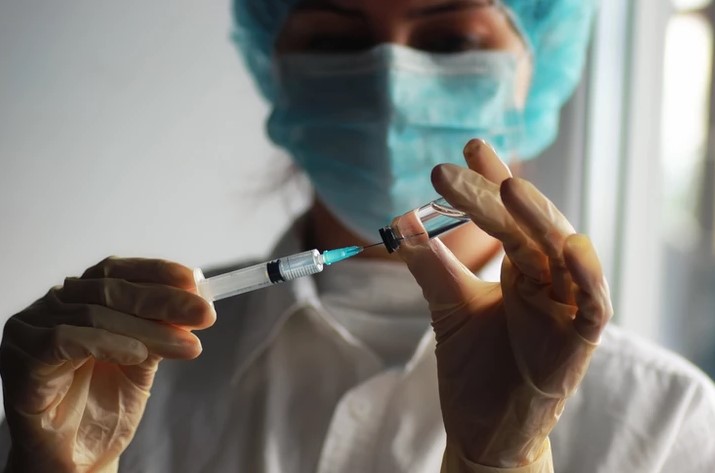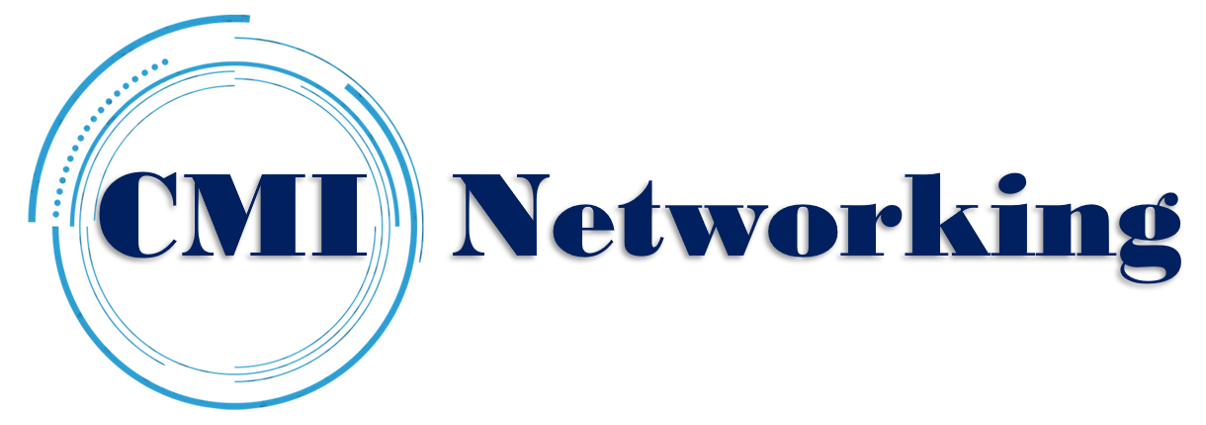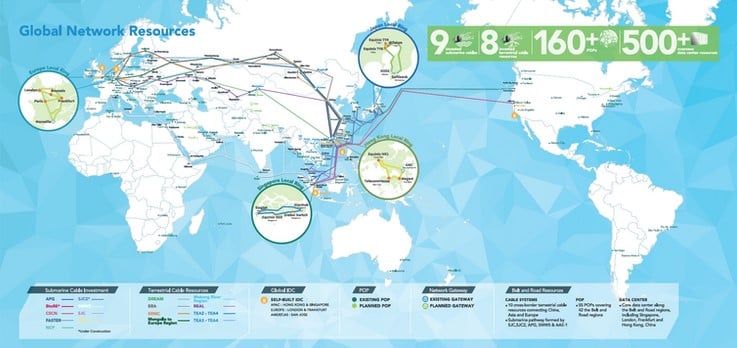IoT helping protect COVID-19 vaccines

Technology in the making and discovery of the mRNA nearly 60 years ago could speed up the development of new vaccines. mRNA vaccines represent a promising alternative to conventional vaccines approaches because of their high potency, capacity for rapid development and potential for low cost manufacture and sae administration. The only problem it’s the instability and inefficient in vivo of the delivery of mRNA.

These vaccines will be authorised to use in the United States and they teach our cells how to produce protein that triggers an immune response inside our bodies. That immune, response, which produces antibodies, is what protects us from getting infected if the real virus enters our bodies.
Raymond Schiffelers, of University Medical Center Utrecht in the Netherlands, who heads a European Union programme for mRNA therapeutics, said the major advantage of the technology was that vaccine developers could mount an “ultra-fast response”. This sort of development will revolutionize the vaccinology field of the future. Having mentioned this, there are diverse approached to mRNA cancer vaccines, including dendritic cell vaccines and various types of directly injectable mRNA have been implemented in various clinical trials with promising results.
Having mentioned all the information regarding the new medically approved treatment for the COVID-19, how can technology have a role in here? Due to the sensibility that these mRNA vaccines have to different temperature’s, their efficiency can be affected if the temperature rises or drops. Therefore, Internet of Things to aid in the pharmaceutical supply-chain to help the potential vaccine’s reach the end users. At TAG Sensors, they have developed a low-cost temperature logger that allows people to intervene at supply checkpoints after being alerted that there is a change in temperature. This technology has been used by McDonald’s and Havi Logistics since 2015.
In conclusion, the current mRNA vaccines have proved to be up to 90% efficient, a couple of main suppliers for this vaccine include Moderna and Pfizer. One of the traits of this vaccine is that its efficiency can be affected by temperature changes therefore different current technologies can aid in the effectivity of the supply-chain of the mRNA vaccines, one example which we have explored is the IoT connected devices usage for temperature controlling.



